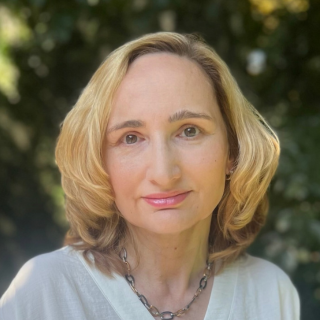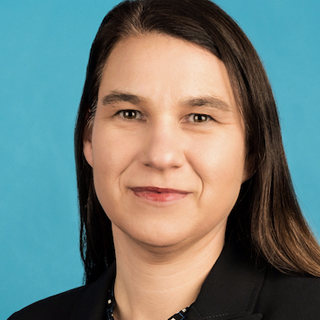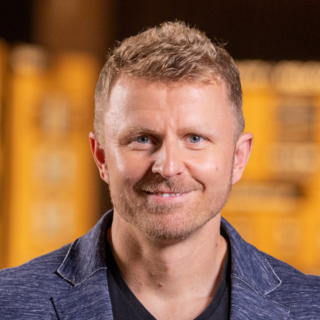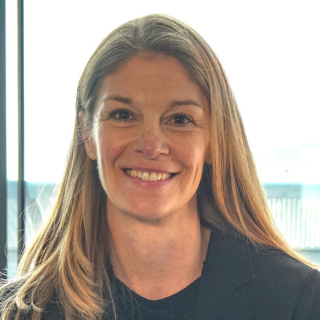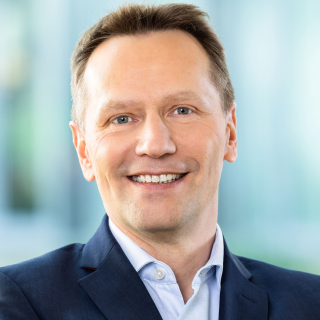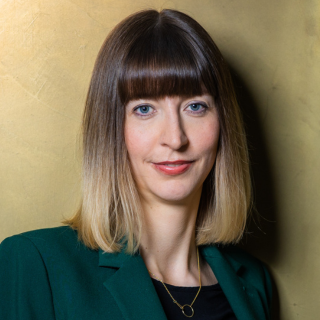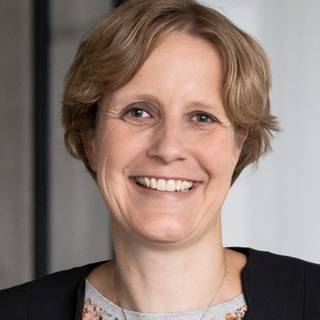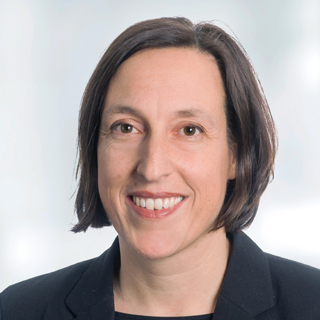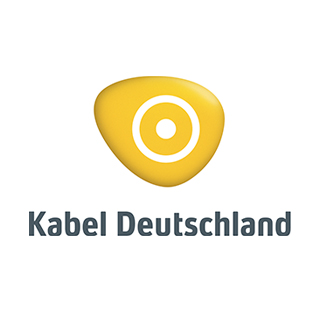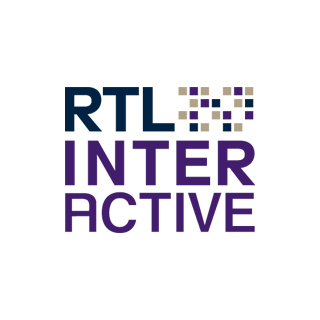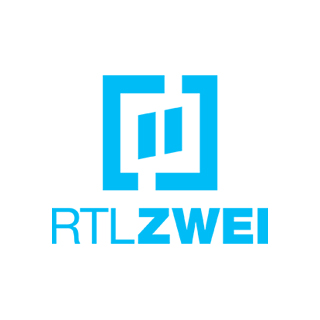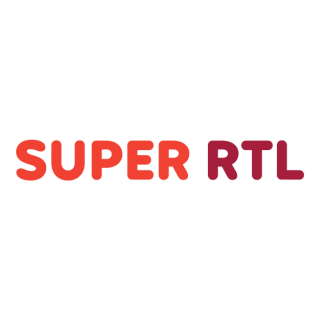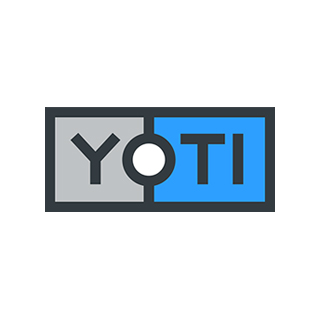History
9 July 1997
Foundation of the FSM in Cologne/Bonn. Founding members of the FSM included, for example, the Federation of German Newspaper Publishers (BDZV) and the Association of German Magazine Publishers (VDZ) as well as the German Network Information Center e.G. (DeNIC), Deutsche Telekom AG and VAUNET – Verband Privater Medien.
1998
Registration as a non-profit association in the Bonn Register of Associations. The membership structure consisted of regular and sponsoring members, from whose ranks the honorary board was elected. The first chairperson of the board of the FSM was Dr Detlev Müller-Using (Deutsche Telekom AG). The hotline too was established in the founding articles.
2000 and 2001
The place of business was moved to Berlin in 2000, and the FSM was entered into the Berlin Register of Associations.
In 2001, the full-time office was set up in Berlin, and Sabine Frank appointed Director.
2003
The members’ assembly passed a resolution reorienting the FSM, transforming it from an association of associations into an association of companies. Since then, the number of member companies has risen steadily, and the FSM now represents the interests of over 40 members.
2005
The FSM was recognised by the the Commission for the Protection of Minors in the Media (KJM) and by the Media Authority of Berlin-Brandenburg as a voluntary self-regulation institution.
2020
The FSM has been recognised as an institution of regulated self-regulation recognised by NetzDG. Full members of the FSM had the possibility, in more difficult cases, to consult an external body which decides on the illegality of the reported content. In view of the repeal of the NetzDG by the Digital Services Act, the FSM has discontinued its work in this area in June 2023.



